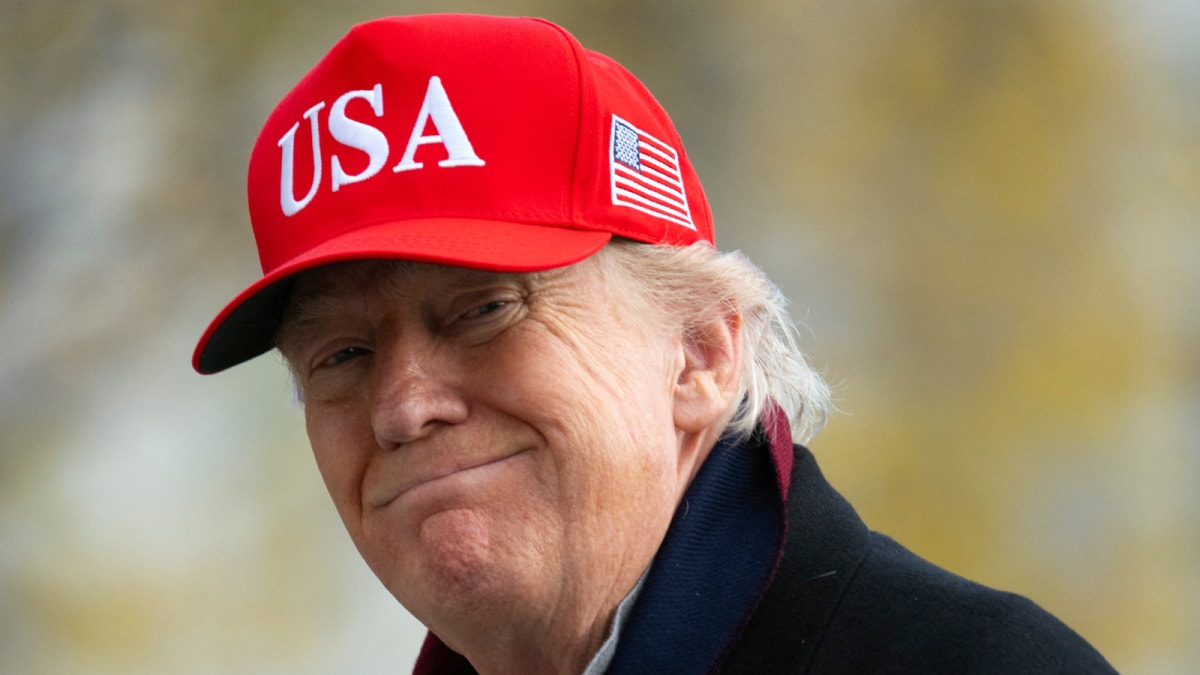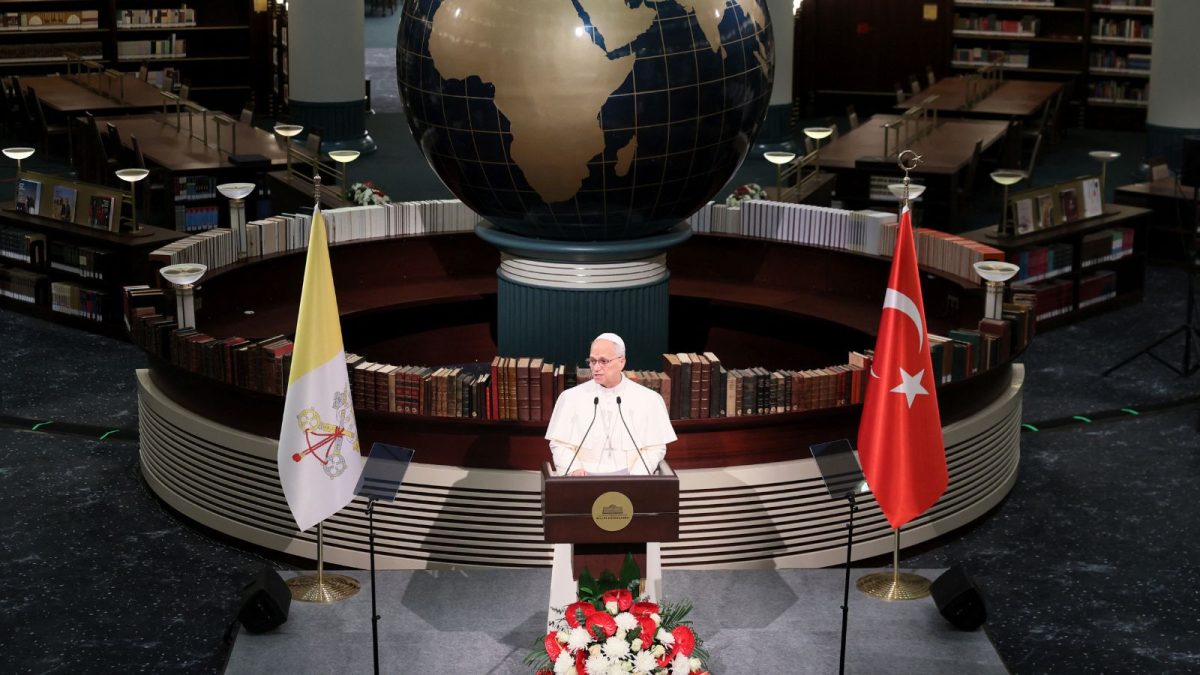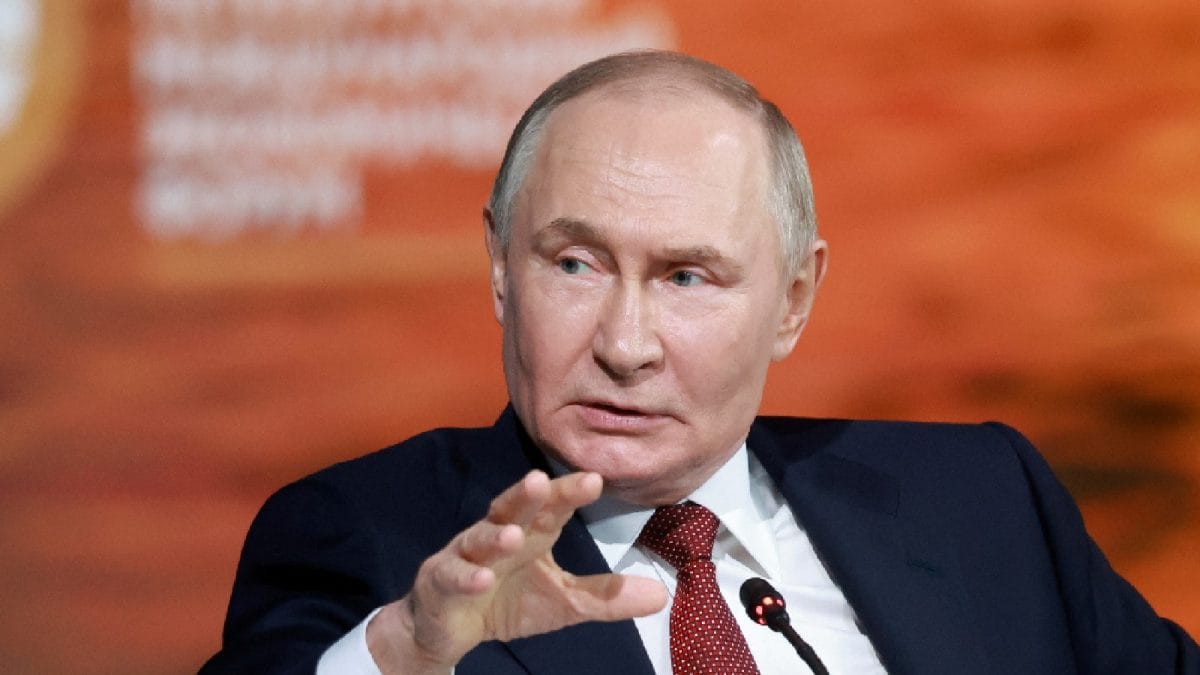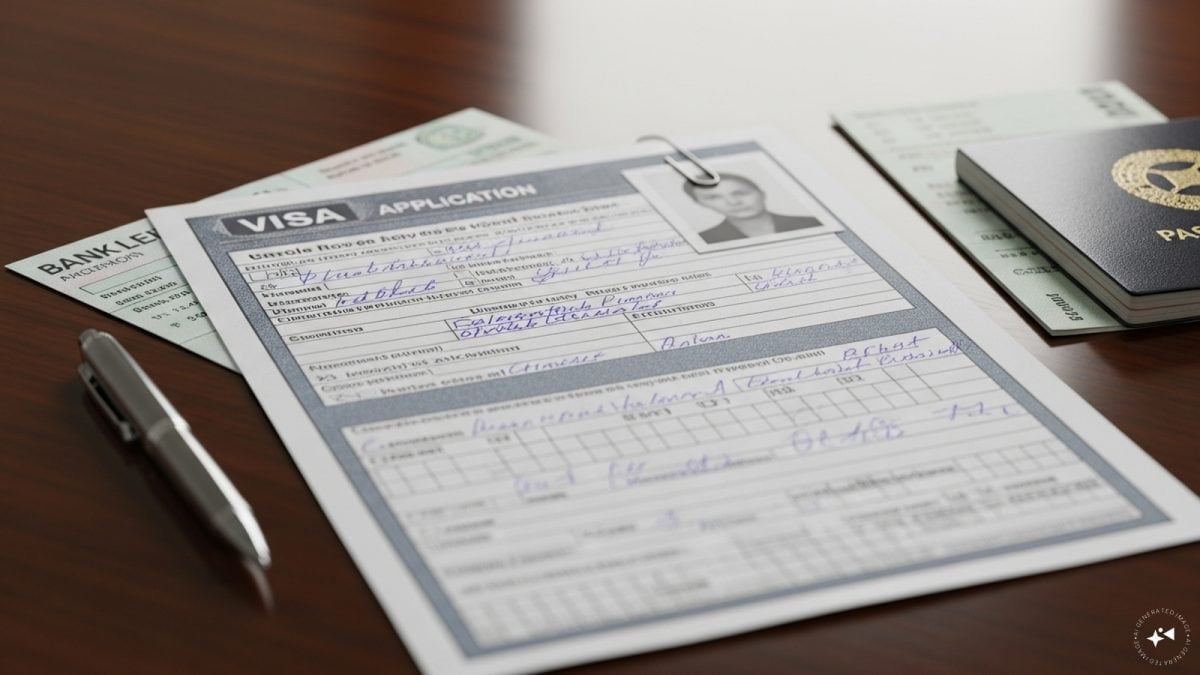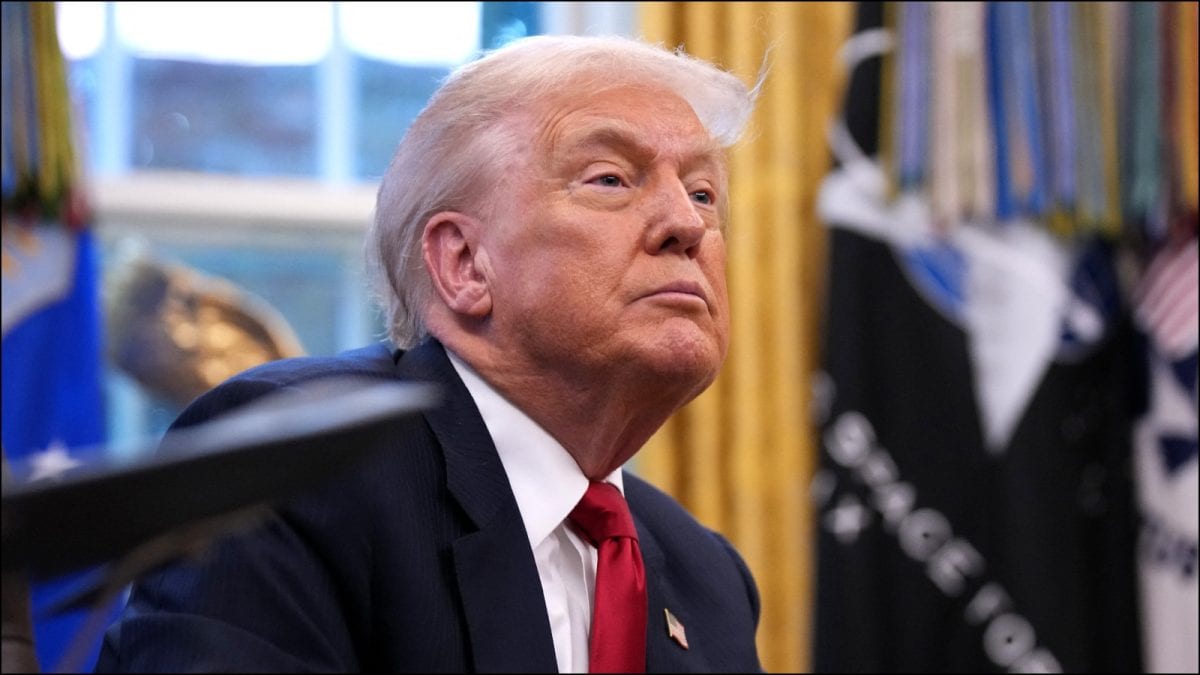China defends its latest rare earth export restrictions, saying they safeguard global peace and warning the US of "resolute measures" if 100% tariffs are implemented.

US President Donald Trump and his Chinese counterpart Xi Jinping.
China on Sunday defended its latest export control measures on rare earths and related items as a legitimate action to safeguard global peace, warning the United States of "resolute measures" if President Donald Trump proceeds with his threat to impose 100 per cent tariffs on Chinese exports.
On Thursday, Beijing announced new restrictions on the export of technologies and equipment related to the mining and processing of rare earths, lithium batteries, and rare earth-based superhard materials.
The controls, which took effect immediately, also cover overseas transfers of production technologies. China said the decision followed concerns that some foreign companies were using Chinese-sourced materials for military purposes.
Reacting to the move, US President Trump threatened to impose a 100 per cent tariff on Chinese goods from November 1 and hinted at curbing exports of "any and all critical software", reigniting the trade war between the world's two largest economies.
In response, China's Commerce Ministry accused the US of overstretching the concept of national security and abusing export control measures against China, including in the semiconductor and chip sectors.
"Willful threats of high tariffs are not the right way to get along with China. China's position on the trade war is consistent: we do not want it, but we are not afraid of it," the ministry said in a statement.
It urged Washington to "promptly correct its wrong practices", adhere to the "important consensus" reached during recent phone calls between the two heads of state, and resolve trade differences through dialogue based on "mutual respect and equal-footed consultation".
The statement warned that "if the United States insists on going the wrong way, China will surely take resolute measures to protect its legitimate rights and interests."
Beijing described its export controls as lawful and necessary steps to "better defend world peace and regional stability" and to fulfil non-proliferation and other international obligations. It clarified that the measures "are not export bans" and that licences would be issued for eligible applications, including exports for humanitarian purposes such as disaster relief and medical assistance.
China accounts for about 70 per cent of global rare earth mining and nearly 90 per cent of their processing, making it the world's dominant supplier of minerals critical for manufacturing electronics, automobiles, wind energy systems, and defence equipment. The US, European Union, and India are among the top importers of Chinese rare earth metals.
The commerce ministry said relevant countries and regions had been notified through bilateral export control dialogue mechanisms before the new measures were announced.
"China stands ready to work with the rest of the world to step up export control dialogue and exchange, so as to better safeguard the security and stability of global industrial and supply chains," it said.
Since the China-US economic and trade talks in Madrid in September, the US has introduced a series of new restrictive measures targeting Beijing within just 20 days.
The ministry noted that these actions have "severely harmed Chinese interests" and "undermined the atmosphere" of bilateral talks, adding that China remains "resolutely opposed" to them.
Trump, who had earlier imposed 145 per cent tariffs on Chinese exports, later agreed to an interim trade deal after Beijing halted rare earth exports, linking their resumption to the lifting of US curbs on semiconductor chips. Rare earths have remained a key component of ongoing trade negotiations between the two sides.
China's new curbs on rare earths come ahead of a planned meeting between Trump and Chinese President Xi Jinping on the sidelines of the Asia-Pacific Economic Cooperation (APEC) summit in South Korea later this month.
During a recent phone conversation, Xi and Trump discussed issues including rare earths, semiconductor chips, and the Chinese social media app TikTok, which the US President has been pressing Beijing to sell to an American buyer.
US Treasury Secretary Scott Bessent recently suggested that progress could be made in the upcoming fifth round of trade talks between the two countries to finalise a comprehensive trade deal.
Commenting on China's decision, Alfredo Montufar-Helu, managing director at Ankura Consulting's GreenPoint Business, told the South China Morning Post that Beijing's move to explain its rationale was "very uncharacteristic".
He said China realised that given the sudden nature of the announcement and Trump's sharp reaction, it needed to clarify its motives to avoid losing control of the narrative, which could harm its geopolitical strategy and image as a responsible power.
"The time is ticking right now," Montufar-Helu said, noting that the coming days would be "very important" for both sides to find a solution. He emphasised that continued engagement between the US and Chinese leadership was essential, warning that failure to reach a solution could push the two nations back to a period resembling the post-"Liberation Day" reciprocal tariffs.
Such a scenario, he said, "won't be good for the global economy and will lead to a riskier environment for business."
- Ends
Published By:
Nakul Ahuja
Published On:
Oct 12, 2025
Tune In

 1 month ago
1 month ago






